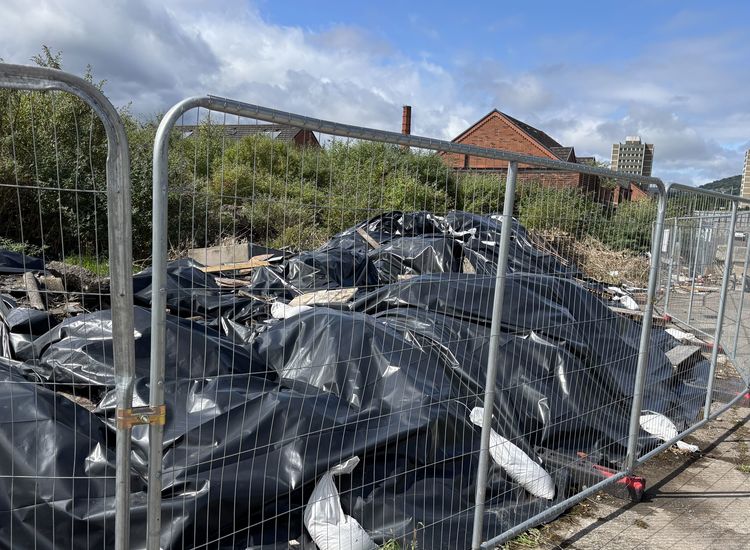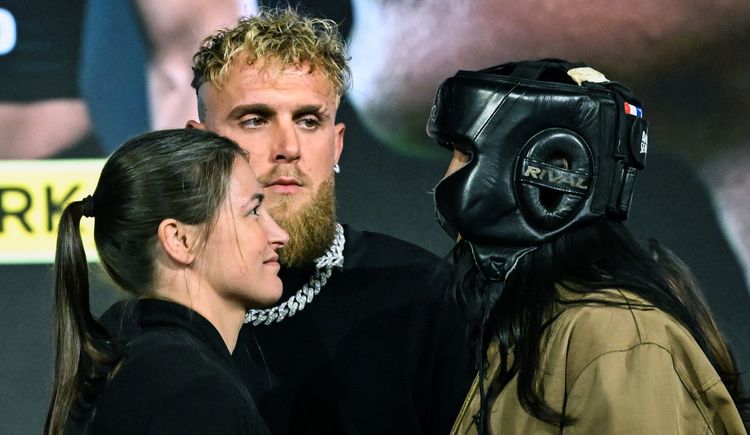Book Review / By Gerry O'Shea
“We Were Rich and We Didn't Know It: A Memoir of My Irish Boyhood,” by Tom Phelan; published by Gallery Books in hardcover; 224 pp.; $24.
JohnJoe Phelan, the author's father, is the central character in this engaging memoir about growing up in a 52-acre farm in Mountmellick, Co. Laois in the Irish Midlands in the 1940s and ‘50s. He is the undisputed boss of the house, determined to provide for his wife and family, working seven days a week to eke out a living at a time when most farmers in Ireland were defined by subsistence.
Mr. Phelan, a dominating paterfamilias, struck oil when he married Annie Hayes from a neighboring family. She knew her place in the Phelan house, taking care of all domestic matters; a flock of Christmas turkeys allowed her some extra holiday money every year and was the extent of the contact she had with the farmyard.
Annie was always treated with love and respect by her impetuous husband, a rather angry and frustrated man, who on most occasions yielded to her moderating promptings when he tended to explode in response to some provocation or other. Both were teetotalers. She had an excellent sense of humor, an attribute sadly lacking in her husband.
She cannot stop him from doling out blame to his children or to neighbors. When he felt young Tom – still short of his teen years – wasn't pulling his weight on the farm, he scolded him unsparingly "How do you think food is put on the table. You are nothing but lazy!"
In another incident that left an abiding mark on the author, his father in a foul mood because of inclement weather lost total control of his temper over some minor infraction and beat his son to such an extent that all rational boundaries were crossed. This is recalled in the book as a very painful time of terror for the child. In the way of many Irish households, the awful events of that night were never discussed afterwards between father and son.
The family wasn't poor by the standards of the time, but a home with one fireplace and overcoats that doubled as blankets suggests that there were few luxuries. It came as a major eye opener for Tom when on a few occasions hungry classmates from the town grabbed his bread and butter lunch and devoured it. Hunger was not an issue in the Phelan family; there was no shortage of good food on the table.
Readers from an Irish farming background will identify with what the author calls the tyranny of the Irish weather. He recalls the frustrating waiting for a good day and then the frantic activity of trying to make the most of a spell of sunshine in the bog or the meadow.
There is no mention of sex in the memoir, except for the animals. Phelan has written two superb chapters that deal partly with the rituals of mating – cows and bulls, mares and stallions. It is hard to beat this description of a stallion preparing for action: "Through his nostrils his breath came out in loud, wet snorts; he trembled violently; he whinnied shrilly; he shot out a handful of steaming dung; he frothed at the mouth; his ears were erect; his eyes bulged and flamed; and his black pizzle telescoped and threatened to touch the ground two feet beneath his belly."
Predictably, the Catholic Church played a big role in the local Mountmellick community. The author has positive memories of the nuns who taught him in his early years, including Sister Carmel who worked with him as he learned to become an altar boy by spouting the Latin responses to prayers he did not understand. Mumbo – “Introibo ad altare Dei;” Jumbo – “Ad Deum qui laetificat juventutem meam.”
Being an altar boy brought a certain local status. Sister Carmel explained that Mass-servers must behave better than other boys, no dirt under the nails and always using a handkerchief for nose cleaning – a rub of the sleeve was deemed unbecoming for boys wearing surplices and soutanes during Mass.

Tom Phelan.
The diocesan examiner, Father Kaye, came by to test his class on their knowledge of the catechism. A very agreeable man who when he asked what an angel looked like was told by one of the boys "a big white burd with a ring around its head." Father Kaye agreed, saying he liked birds, too.
It was the era of collecting pennies all over Ireland for the sustenance and conversion of black babies. And a Father Dalton came to the school from some mission to impress the boys with an African snake skin. All of these efforts make Mr. Phelan wonder about the Irish proclivity for changing happy pagans into miserable Catholics.
Brother Conleth from the Irish Christian Brothers came to his school and identified the devout and scholarly author as eminently suitable to follow what he called a vocation to a life of teaching as a Brother. Conleth assured his parents that Tom would be living in a heated dormitory and playing games in expansive fields with promises of learning new unheard of sports like badminton and lawn tennis.
The deal was almost done with Annie, devout and credulous, supporting the move, but JohnJoe resisted the proposed package. He told his son that Conleth reminded him of hucksters on fair days overselling their goods. That ended Tom's romance with the Brothers, but he later applied for the diocesan minor seminary where he pursued his secondary education.
Paddy Connors, a quintessential townie, constantly bullied the author, calling him "a smelly oul farmer" or worse still "only an oul girl." Tom viewed him as his nemesis and he imagined consigning Paddy into the turnip pulper and feeding the resulting mess to the cattle!
Readers will meet a host of interesting characters in the Phelan memoir. For instance, Missus Fitz and her alcoholic husband Paud whom she always referred to as “Yer man.” She swore she'd outlive him out of badness and she did. As Yer man's coffin was being lowered, she proclaimed her independence to all "Y'oul bollicks. If you think I am going to be planted anywhere near you, then you're still a ferocious feckin eejit." And Missus Fitz was buried in a graveyard far away from Yer man.
In the first chapter we meet the memorable Nurse Byrne who dominated the community in Mountmellick. She dispensed her own concoction of a multi-purpose healing cream which was for sale in some shops in the town. A local curate, Father Kelly, who crossed her in some way was cautioned as Mishter Kelly against repeating his peccadillo.
A quiet young patient who was slow to reveal his privates was shown no mercy: "You have a scrotum, and I see scrotums hanging out of dogs and bulls and asses and horses every day. There's nothing special about yours. Take off your trousers and stop thinking your scrotum is any better than a stray dog's." The shy boy fell in line quickly.
Durt Donovan also stands out because when all around were acclaiming the author's decision to become a priest, Durt demurred: "A lot of them fellows turn into contrary old shites. If you become a priest, you will be sorry in the long run."
In the epilogue to the book Phelan concedes that Durt was right. He was ordained but left the priesthood disillusioned after 11 years of service.
In this very interesting memoir, we are drawn into a strange world from another time. One would love to sit down with the characters that are described in scintillating detail – well, possibly not Nurse Byrne. Strangely, there are references to a local GAA field, but no chapter describing the family's involvement in any sport.
I hope Mr. Phelan is working on the sequel describing his years in high school and seminary and finally explaining to us why he has come around to agreeing with Durt Donovan about priests.
Gerry OShea, a regular contributor to the Irish Echo, blogs at http://wemustbetalking.blogspot.com/









